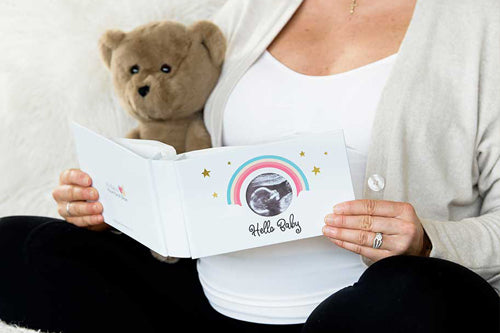Figure Out When You Ovulate

Day 14 of your cycle means you are ovulating, right?
Not necessarily.
Ovulation is not as easy to track and predict as you may think, and learning how to do so puts you in control of your fertility.

Figure Out When You Ovulate
We were all taught that our cycle should be about 28 days long and that we ovulate directly in the middle of that timeframe, leaving a one-week fertile period leading up to that 14th day. However, there is so much more to understand. There is more you can do besides utilizing an ovulation calendar or tracking app.
Fertility Monitor
A fertility monitor is the number 1 choice for women who practice natural family planning as a form of avoiding pregnancy (or conceiving). There are several styles, brands, and price points on the market today, all of which track the two hormones in your urine to determine your two most fertile days, as well as the slightly less fertile days leading up to them. Some also use a daily temperature reading, but either way, a monitor will give you the most accurate ovulation information.
Ovulation Tests
Dipping an ovulation test strip in your urine every day until you see a true positive result and a negative the following day will help you learn more about your fertile window; however, a positive test can be hard to determine, as the test line must be as dark or darker than the control line. So be careful!
Basal Body Temperature
This method takes a daily routine you will have to get use to. Every morning before getting out of bed, you must take your temperature with a basal body thermometer. Recording this on a chart will show you as your temperature slightly elevates gearing up to ovulation. Learn more about this here.
Cervical Mucus
The American Pregnancy Association describes the Cervical Mucus Method as your mucus wetness increasing daily, “lasting approximately 9 days until the wettest day. Your mucus is easily recognized at this point. It should be slippery, clear, stretchy, and look like egg whites. Ovulation generally occurs within 1-2 days of your peak day of stretchy mucus.”
Step 1: Collect the mucus from the vaginal opening with your fingers by wiping them from front to back.
Step 2: Record it daily on your fertility calendar by making note of the color (yellow, white, clear, or cloudy), the consistency (thick, sticky, or stretchy) and the feel (dry, sticky, lotion-like, wet, slippery, or stretchy).
Step 3: Ovulation usually occurs within 1-2 days of when your mucus is clearest, slippery, and most stretchy, if not on the peak day itself.
What Can Affect Your Ovulation Day?
The following can impact your ovulation, triggering it to occur sooner or later than normal - even causing you to not ovulate for a cycle:
- Stress
- Illness
- Medication
- Breastfeeding
- Extreme Exercise
- Polycystic Ovary Syndrome (PCOS)
- Thyroid Disease
- Autoimmune Disorders
Many of these require diet changes and treatment plans, so consider contacting your doctor for testing if you find yourself with delayed or an absence of ovulation for more than one cycle.
Featured Articles
Bringing Your Newborn to the Party
Holiday Hosting While Pregnant
A Heartfelt Holiday Keepsake: Recording a Pet’s Heartbeat




















